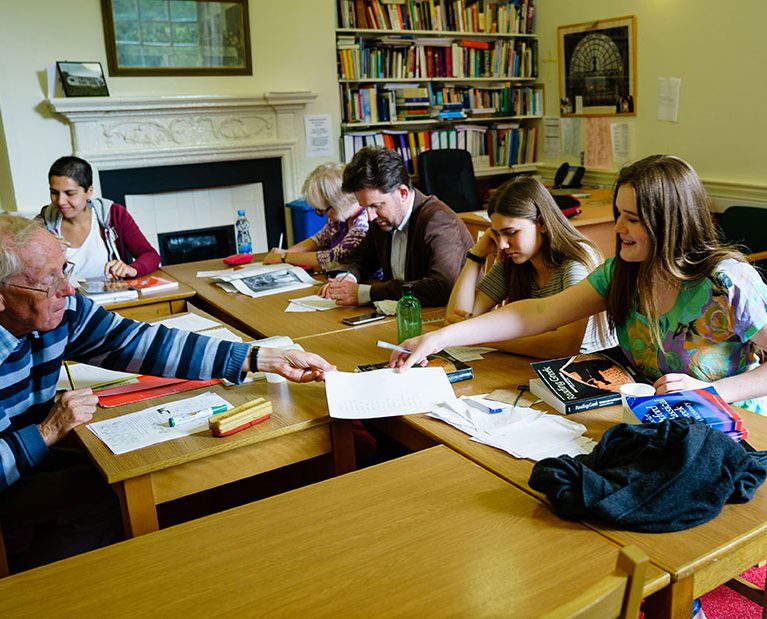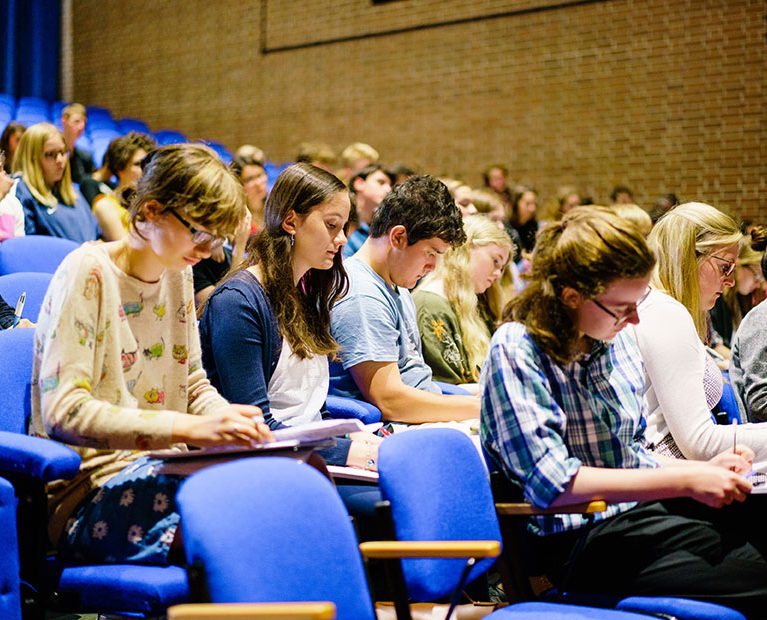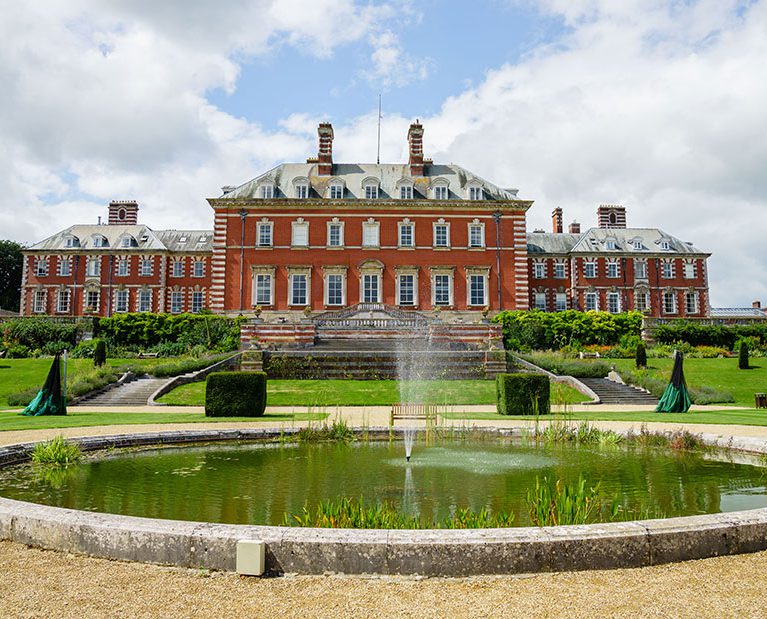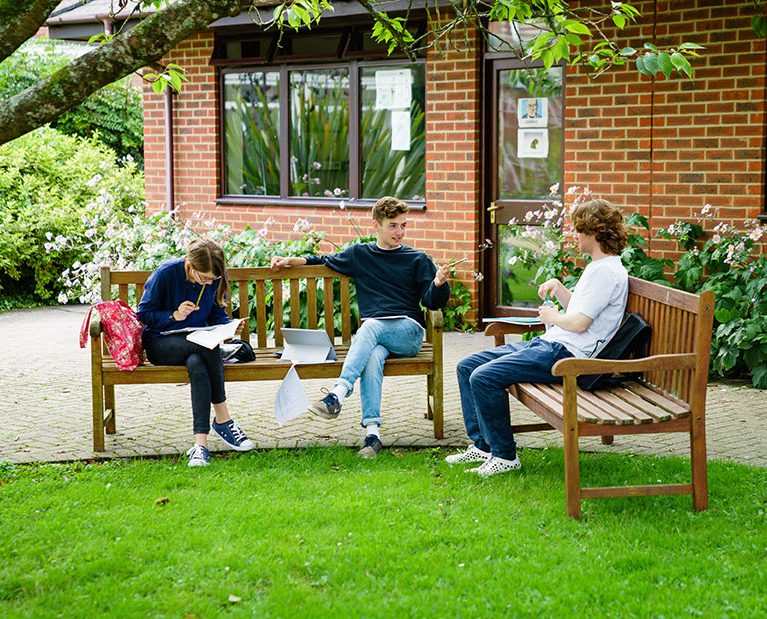About the greek summer school
The first JACT Greek Summer School was in 1968, in Bedford College, in Regent’s Park, London. For the next seventeen years, until 1985, it was at Dean Close School in Cheltenham, and since then it has been at Bryanston School in Blandford Forum, Dorset. After 52 consecutive years, the COVID-19 pandemic meant there was no summer school in 2020, so 2025 sees the 57th JACT Greek Summer School.
The mission and inspiration of the summer school have always been to support and enhance the teaching and learning of ancient Greek in UK schools and universities, at all levels from absolute beginner to post A-Level. Our especial priority is giving access to the Greek language to those who can’t access it at their school. A significant and growing number of our students each year come from state schools. An impressive number of established Classics teachers in schools and universities, and an appreciable proportion of summer school tutors, began Greek at the summer school.















